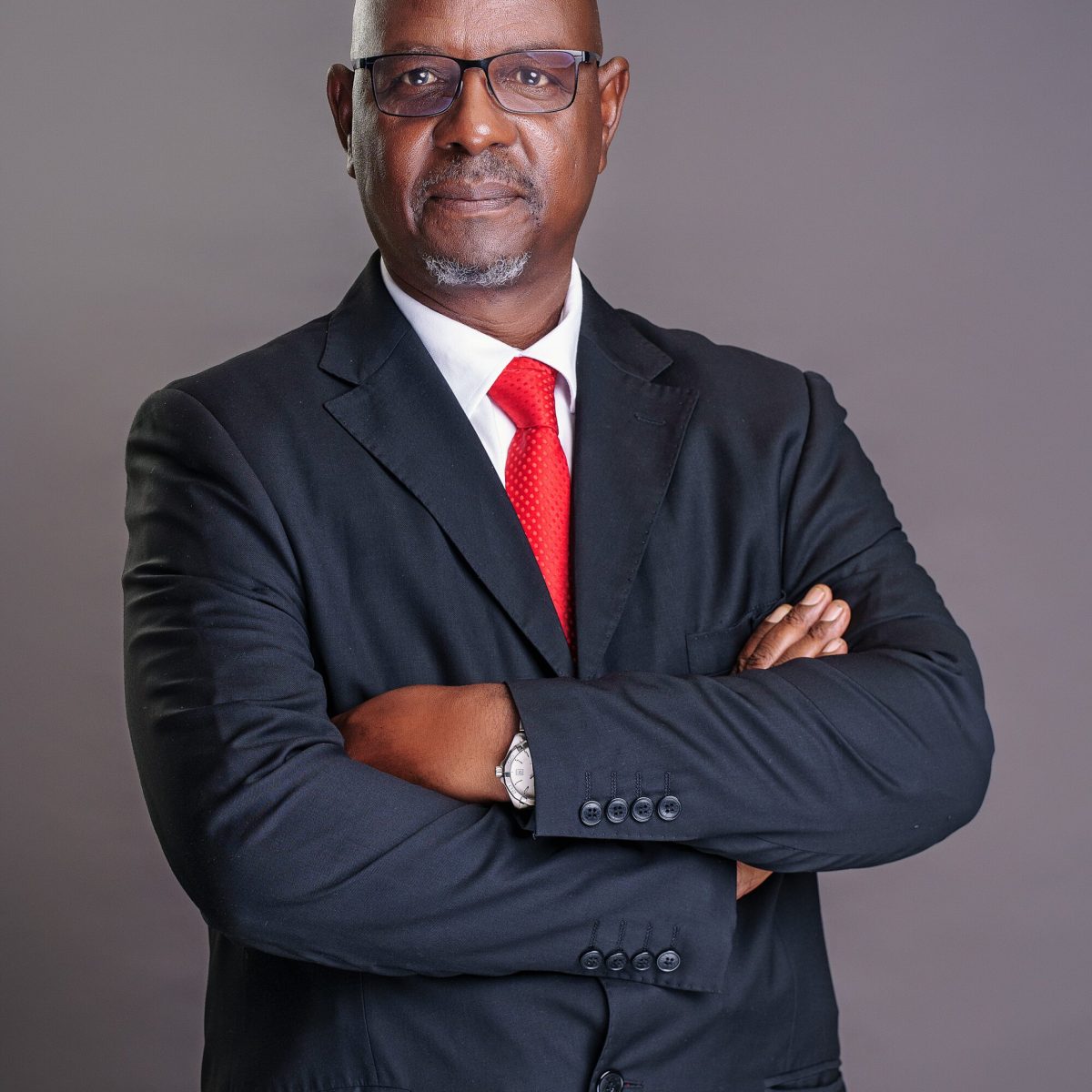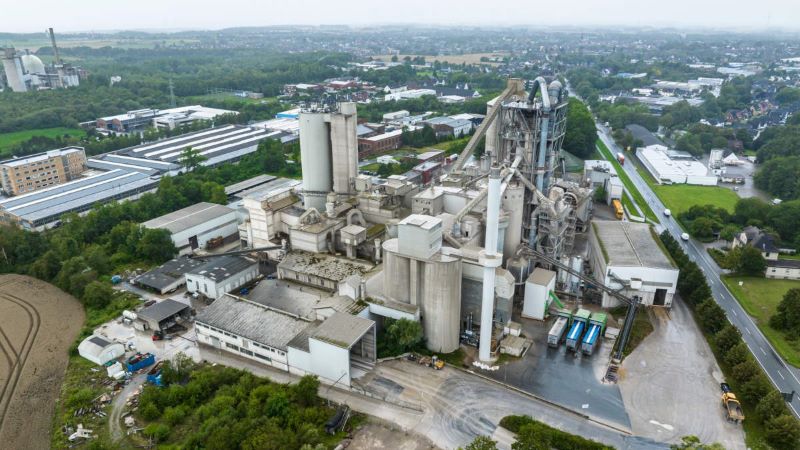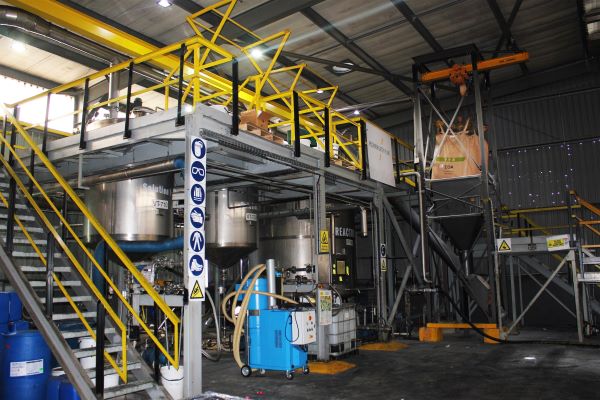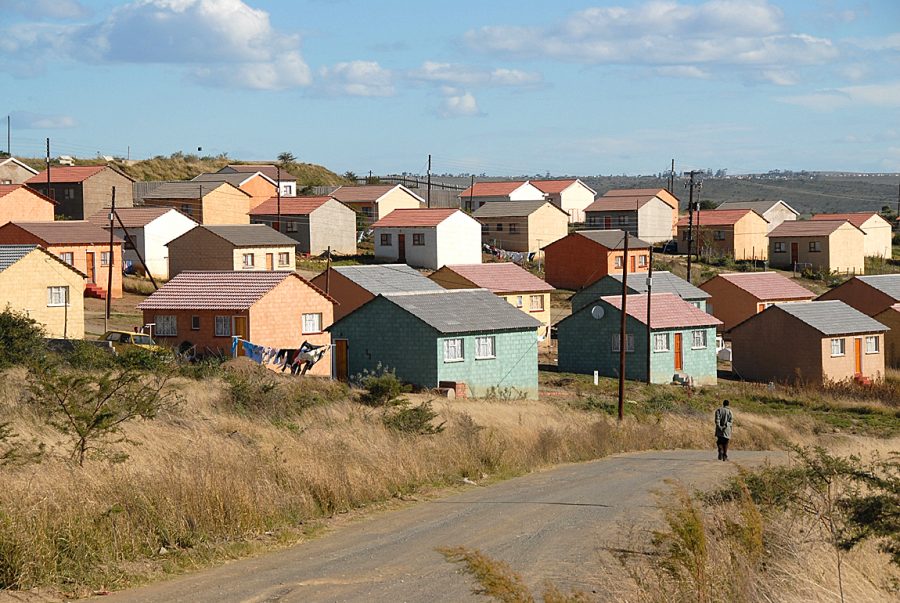
COVID has helped PPC, the biggest supplier of cement in South Africa, to become more agile and better able to respond to the vagaries of the market.
Njombo Lekula, Managing Director of Southern Africa, PPC, says the pandemic has accelerated efforts by the cement manufacturer to become more responsive and has better equipped it to deal with challenges, and increasing or decreasing demand.
Three Mega Plant Turnaround Strategy
PPC embarked on its Three Mega Plant turnaround strategy in 2019 when the construction industry was in the doldrums, but the pandemic forced it to accelerate its efforts – to the benefit of the company.
“PPC has set itself up so that we can switch on plants to respond to demand. It removes the previous misalignment of supply with demand. The Three Mega Plant strategy has set up the business to be able to operate in those times when supply exceeds demand,” says Lekula.
He says the strategy had allowed PPC to “bring one operation online immediately” to meet high demand from the retail sector following the end of South Africa’s hard lockdown in March last year.
“When we came out of the hard lockdown, there was high demand from retail sector. It took us a week to bring one operation online and about three months to open up the second plant. We have set ourselves up in such a way so we can switch plants on and off as required,” says Lekula.
“South Africa went into a hard lockdown just as PPC had come through a period of rationalisation. Yet we did not miss one month of paying employees as we have set ourselves up for agility … Covid has helped us to adapt.”
This flexibility has allowed PPC to survive in what is still a very constrained environment.
He says despite seeing an upturn in demand for cement and in the construction industry – thanks to the building of warehouses to meet the increasing demand for online shopping and increased demand in the residential space – PPC was currently only running at 75 – 80% of active capacity.
“We also have mothballed capacity. Around 35% of our capacity not being utilised. And I believe 40% of capacity is not being used in South Africa,” says Lekula.
Sectoral Solutions
Lekula says PPC believes it has much to contribute to helping South Africa emerge from the damage wrought by and before Covid and has therefore intensified up engagement with government and other stakeholders to ensure that the cement and construction industry’s invaluable contribution to growing the economy and creating jobs post Covid is understood.
Efforts include:
- seeking solutions on tariff protection from cheap imports;
- the designation of locally produced cement, which requires contractors to use in government projects and bans the use of imported cement in these projects;
- emphasising the value of SMMEs for growing the economy and creating jobs; and
- employing innovative solutions to solve some of South Africa’s most intractable problems.
“PPC is part of the solution that we want to see in South Africa. We believe that we can actually use this difficult period that South Africa is going through to change the trajectory of the country and the construction industry by looking at the opportunities it is presenting,” says Lekula.
He says PPC is optimistic that its request to the International Trade Administration Commission of South Africa (Itac) for tariffs to be imposed on cement imports from China and Vietnam will be approved. Local cement producers had submitted the request in 2019.
In addition, the cement industry had been granted an extension last December for its right to tariff protection from imports from Pakistan.
But he says the industry continues to engage actively with government to demonstrate how imports kill South African jobs.
Lekula says the industry is also just waiting for cement to receive its local content designation.
“From the information we have, DTIC has supported our application and what remains is for that designation to be gazetted. And we recently spoke to the DG of the Department of Human Settlements who indicated he will try expediting the gazetting,” he says.
Training and empowerment
Lekula says PPC is also actively promoting SMMEs and talking to decision-makers about removing obstacles for small businesses as “SMMEs are what are going to create an environment for growth in the economy”.
“PPC has trained about 4 000 bricklayers in and around the country in the last three years, some with amazing success. We’ve bought them into the value chain. We’ve also managed to get some of them to be recognised with the SABS and got them technical training so they can make a competent brick they can sell into the mainstream economy,” he says.
Lekula says PPC is also actively engaging and collaborating with SOEs, like Transnet and Eskom, about what is needed to get the economy going.
“Collaboration is very important. Instead of only highlighting challenges, we believe that we can be part of the solution,” he says.
Finally, says Lekula, encouraging innovation – including alternate building solutions – will contribute to solving some of South Africa’s more intractable problems.
“For example, last week we had a meeting with the Department of Housing and Human Settlements to look at how we incorporate the community into addressing the housing backlog. We believe that making the recipient part of the solution will help address this problem.”
More news
- CELEBRATING EXCELLENCE IN THE RESIDENTIAL PROPERTY SECTOR
- PART 4: GIBS PANEL DISCUSSES INTEMEDIATE CITIES ROLE IN AFRICA’S DEVELOPMENT
- EXPOSED AGGREGATE PAVERS COMPLEMENT NEW LIFESTYLE CENTRE
- GIBS PANEL EXPLORES ROLE OF INTERMEDIATE CITIES IN SA’S DEVELOPMENT PART 3
- CITI-CON’S CONCRETE KNOWLEDGE SUCCESSFULLY DEPLOYED ON NEW LANDMARK DEVELOPMENT





